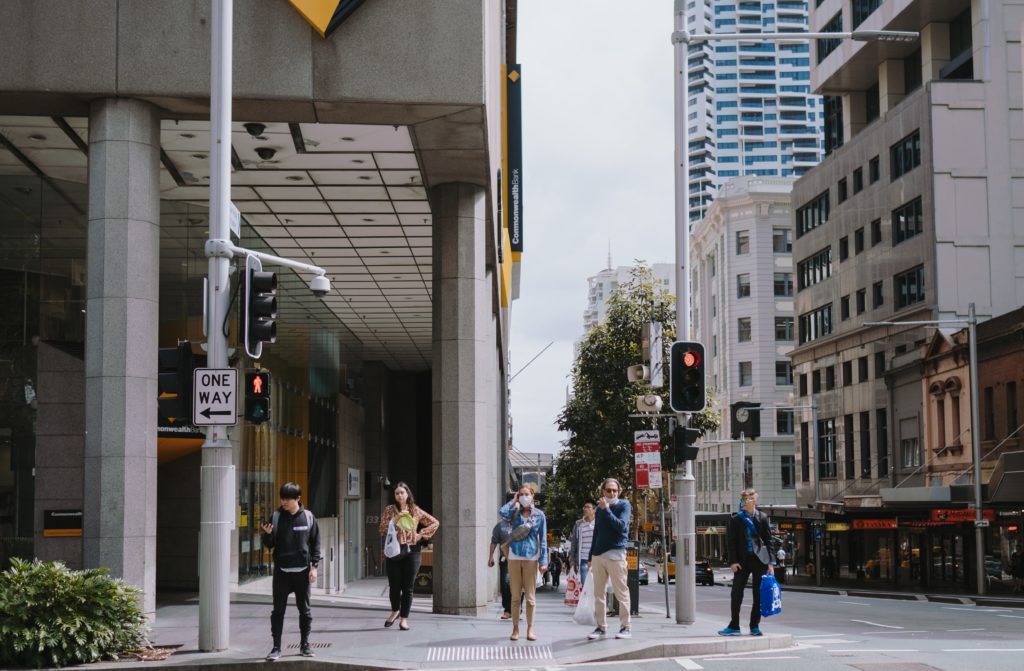The pandemic has created a convergence of dangerous factors, and those with opioid addiction are most at risk. More than 40 states have reported a noticeable increase in opioid-related overdoses and deaths since the start of the COVID-19 pandemic. Meanwhile, the use of illicit fentanyl — an opioid 50 times stronger than heroin — continues to rise, access to addiction treatment programs is more limited and traditional support systems have been abandoned while people quarantine.
Now is the time to employ novel solutions to help people fight opioid addiction.
Unconventional Opioid Addiction Solutions During the COVID-19 Virus
As overdose-related fatalities continue to rise, more unconventional solutions may be required to combat the impact of the pandemic and opioid addiction. This includes non-abstinence based forms of treatment as well as legal harm reduction programs.
Outreach to At-Risk Communities
Outreach programs are cropping up that go to the places where most people and organizations are unwilling to go. These harm reduction programs discreetly deliver valuable, lifesaving supplies such as fentanyl test strips, clean needles and Narcan® to anyone who visits them.
Some critics argue that these outreaches are impediments to people quitting cold turkey and enable addictive behaviors. However, those who run these programs contend that they meet people where they’re at, even if that means going to where people are using drugs.
Because of the COVID-19 virus, these outreaches have adapted to the latest safety guidelines. A quick, hands-free exchange can provide research-backed interventions to those struggling with opioid addiction to prevent overdose, including:
- Syringe exchange. Clean needles are handed out to cut down on the transmission of bloodborne diseases such as HIV and Hepatitis C.
- Narcan kits. The overdose reversal drug naloxone, or Narcan, has saved thousands of people from an opioid-related fatality.
Medication-Assisted Treatment (MAT)
The pandemic has opened the gate for patients to receive prescriptions for methadone and buprenorphine via telehealth appointments. For nearly 50 years, MAT has been used to help those addicted to opioids by curbing cravings and withdrawal symptoms. Most experts agree that MAT gives those in treatment their greatest chance at recovery.
As recently as February 2020, a study of over 40,000 patients diagnosed with opioid use disorder compared six different treatment modalities. MAT was the most effective at reducing the risk of overdose.
Open Dialogue
Because of the stigma surrounding opioid use, addiction has long been considered a taboo subject. However, the risks surrounding the COVID-19 virus have made open dialogue crucial. Medical experts agree that addiction to substances such as opioids is a chronic disease, and it’s time for society to understand this. Repeated cycles of relapse and recovery are sadly part of the chronic nature of opioid use disorder. So, even unconventional solutions to addiction should be taken seriously.
Find MAT for Opioid Addiction During the COVID-19 Virus
At Health Care Resource Centers, we are proud to support individuals struggling with opioid use disorder through MAT and substance abuse counseling. If you are ready to take your first steps toward hope and healing, contact HCRC today.


